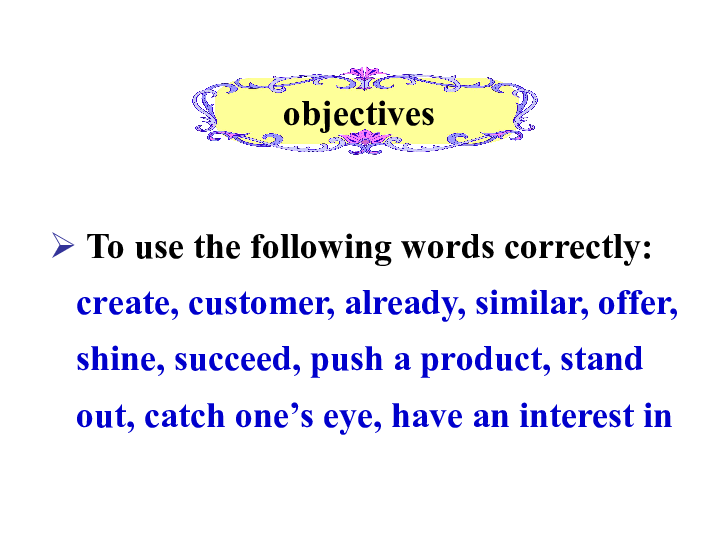## How to Avoid Paying Student Loans: Creative Strategies and Tips
Navigating the world of student loans can be daunting, and many graduates find themselves burdened by the weight of debt. However, there are various strateg……
Navigating the world of student loans can be daunting, and many graduates find themselves burdened by the weight of debt. However, there are various strategies to explore when considering how to avoid paying student loans. This guide will delve into creative and practical methods, ensuring you are well-equipped to manage your financial future.
### Understanding Your Options
Before diving into specific strategies, it’s crucial to understand the types of student loans you may have. Federal loans often have more flexible repayment options compared to private loans. Familiarize yourself with the terms of your loans, including interest rates, repayment plans, and potential forgiveness options. This knowledge will empower you to make informed decisions.
### Explore Loan Forgiveness Programs
One of the most effective ways to minimize or even eliminate your student loan debt is through loan forgiveness programs. For instance, the Public Service Loan Forgiveness (PSLF) program offers forgiveness after 120 qualifying monthly payments while working for a qualifying employer. If you work in a non-profit organization or government job, investigate whether you qualify for such programs.
### Income-Driven Repayment Plans
If you’re struggling to make your monthly payments, consider applying for an income-driven repayment (IDR) plan. These plans adjust your monthly payments based on your income and family size, potentially lowering your payment to a more manageable amount. After 20 to 25 years of qualifying payments, any remaining balance may be forgiven. This can be an excellent strategy for those who are not earning a high salary immediately after graduation.

### Deferment and Forbearance Options
If you find yourself in financial distress, you may be eligible for deferment or forbearance. These options allow you to temporarily pause your loan payments without defaulting. However, it’s essential to understand the implications, as interest may continue to accrue during this period, increasing your total loan amount. Use this option wisely and only when necessary.
### Scholarships and Grants for Further Education
If you’re considering further education, look into scholarships and grants that can help cover your costs. By securing funding that doesn’t require repayment, you can reduce your reliance on loans for future studies. This proactive approach not only helps you avoid additional student debt but also enhances your qualifications in the job market.
### Negotiate Your Salary

Upon graduation, negotiating your starting salary can significantly impact your ability to manage student loan payments. Research industry standards and prepare to advocate for yourself during job offers. A higher salary can help you pay off loans more quickly and reduce the overall interest paid over time.
### Side Hustles and Additional Income
In today’s gig economy, there are countless opportunities to earn extra income. Consider taking on a side hustle, freelance work, or part-time job to supplement your income. Allocating this additional revenue toward your student loans can accelerate your repayment timeline and alleviate financial stress.
### Financial Literacy and Budgeting
Improving your financial literacy is a crucial step in managing student loans effectively. Create a budget that accounts for your loan payments, living expenses, and savings. By understanding where your money goes, you can make informed decisions about spending and prioritize paying off your loans.

### Seek Professional Advice
If you find yourself overwhelmed, consider seeking advice from a financial advisor or student loan counselor. They can provide personalized strategies tailored to your financial situation. Their expertise can be invaluable in navigating the complexities of student loans and finding ways to minimize your payments.
### Conclusion
In conclusion, knowing how to avoid paying student loans involves a combination of understanding your options, exploring forgiveness programs, and making informed financial decisions. By leveraging income-driven repayment plans, negotiating salaries, and seeking additional income sources, you can take control of your student loan debt. Remember, it’s essential to stay informed and proactive about your financial health to pave the way for a debt-free future.